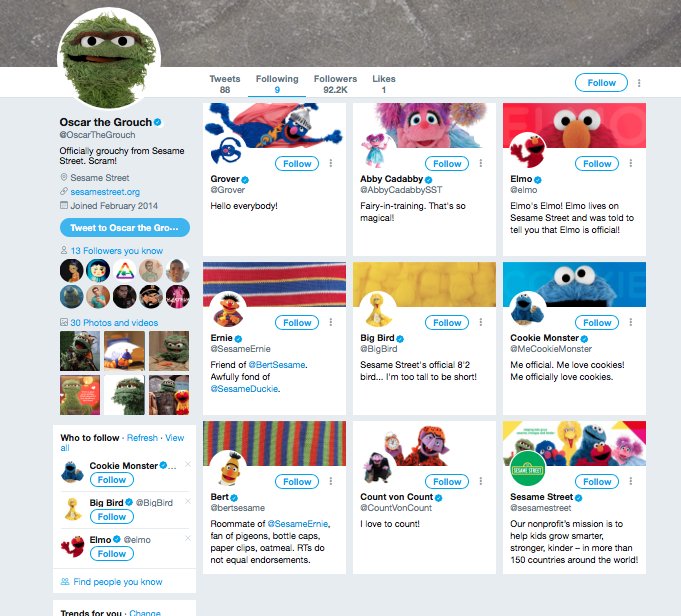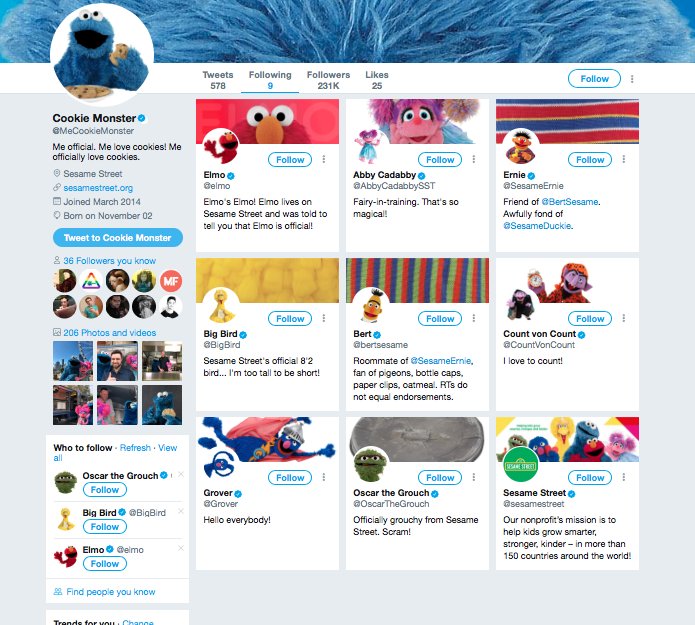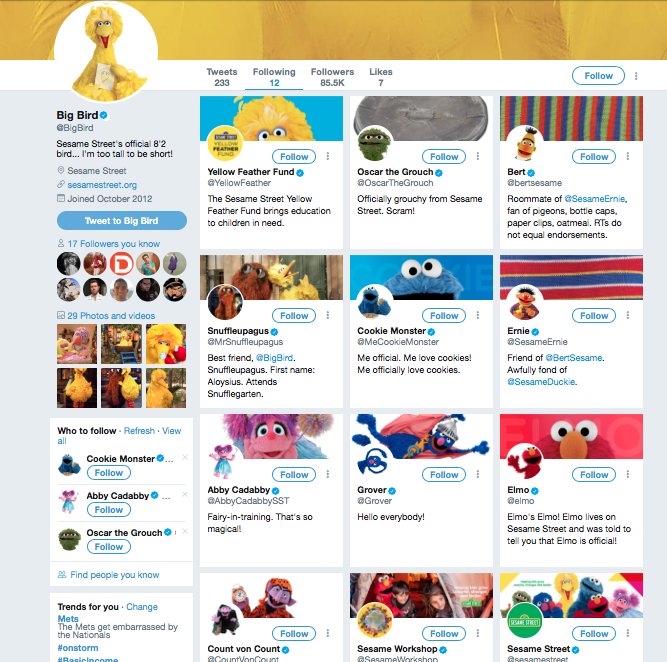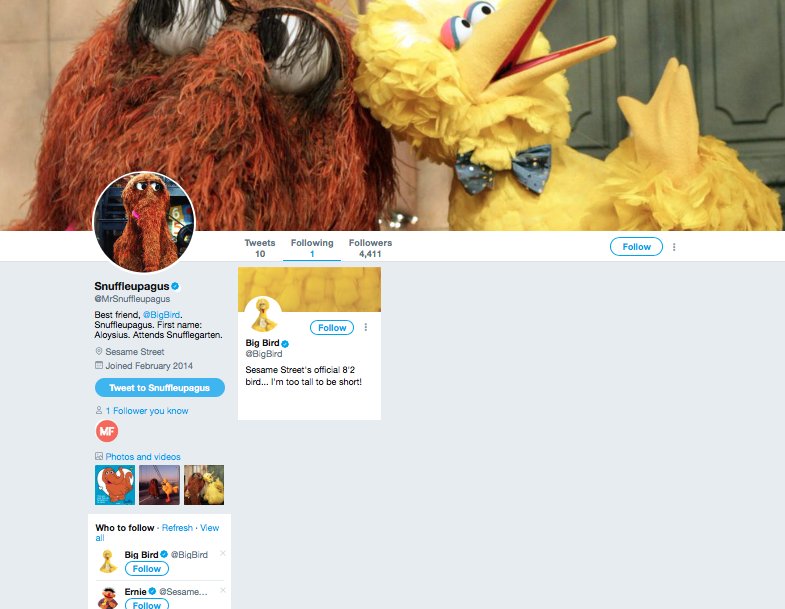ok you could say the exact same thing about the characters in Homer's Iliad but go off i guess 

it is 2018 no one is going to slow-motion explain to you how crossovers work or what the genre conventions are
read a book
read a book
"um so the god Apollo just...shows up? And then he shoots some arrows? And then he leaves? PRETTY LAX STORYTELLING IMO"
what's amazing about this is the film itself CITES ITS PREDECESSORS in the serialized genre with a short discussion of Flash Gordon.
Serialized fiction always says "Did you miss the last film? well, we'll try to catch you up!" but it takes as given you have a lunchbox knowledge.
Serialized fiction always says "Did you miss the last film? well, we'll try to catch you up!" but it takes as given you have a lunchbox knowledge.
There is a kinetic, delightful sequence in #InfinityWar where Spidey is webbing all his falling colleagues together and shouts "sorry, I forgot your names!"
that's what serialized superhero stories are: smashing action figures together. Critique must approach on those terms.
that's what serialized superhero stories are: smashing action figures together. Critique must approach on those terms.
One of the most important skills of a critic is I think the one that capitalism has left most undeveloped: the willingness to admit "I don't know how to read this."
• • •
Missing some Tweet in this thread? You can try to
force a refresh

























